FILM
NUMA PERRIER ON HOW SHE POURED HER REAL-LIFE STRUGGLES AS A CAM GIRL IN THE EARLY DAYS OF THE INTERNET INTO NETFLIX’S “JEZEBEL” - CULTURED MAGAZINE
PHILLIP YOUMANS' "BURNING CANE" GIVES AN INTIMATE LOOK AT RELIGION IN THE DEEP SOUTH - TEEN VOGUE
BALDWIN, BLACK LOVE, AND “IF BEALE STREET COULD TALK” - AFROPUNK
"NATIVE SON" REFLECTS A WORLD WHERE YOUNG BLACK MEN ARE OFTEN SET UP TO FAIL - TEEN VOGUE
Why ‘harriet’ didn’t do enough for black audiences - teen vogue
The New Movie Luce Is a Raw Look at Class, Race, and Respectability Politics - Teen VOGUE
The Last Black Man in San Francisco Reveals the Complexity of Masculinity - TEEN VOGUE
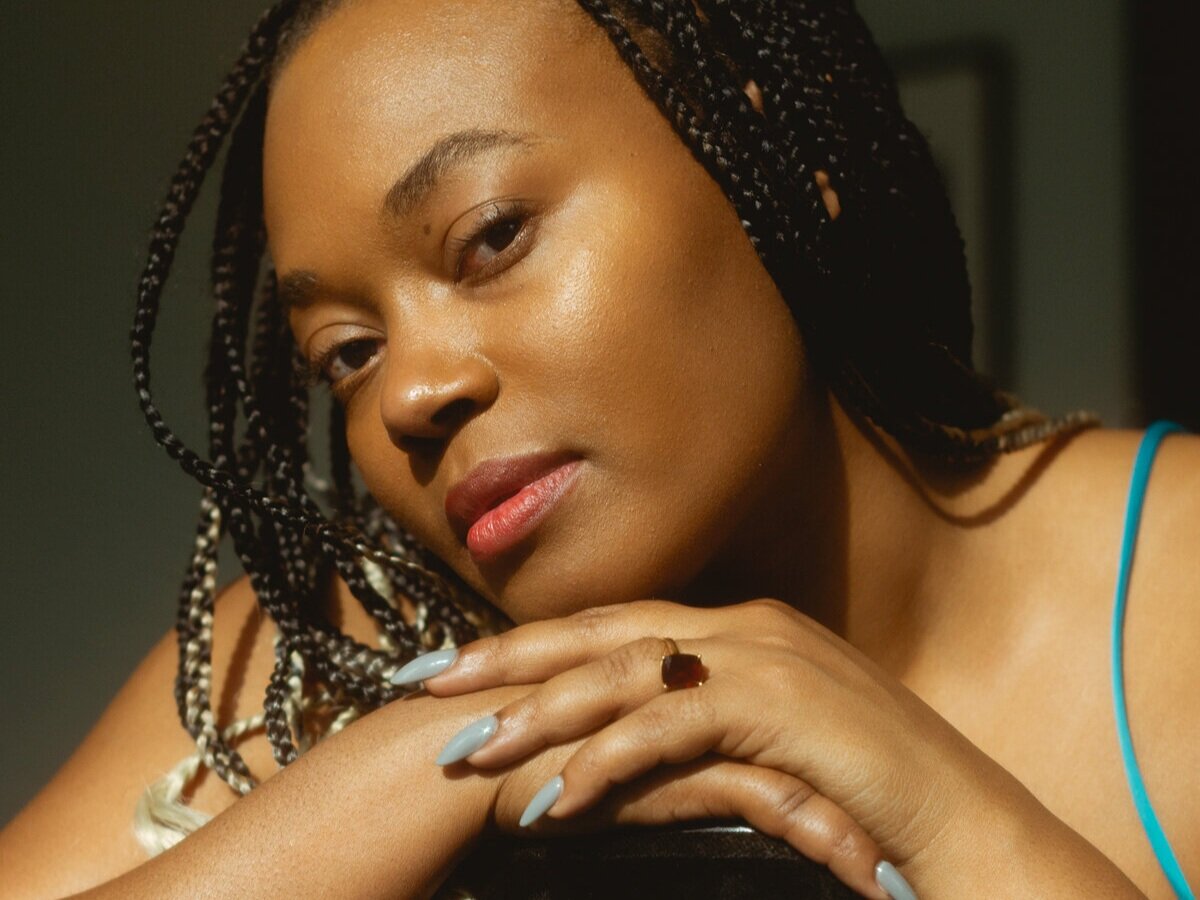
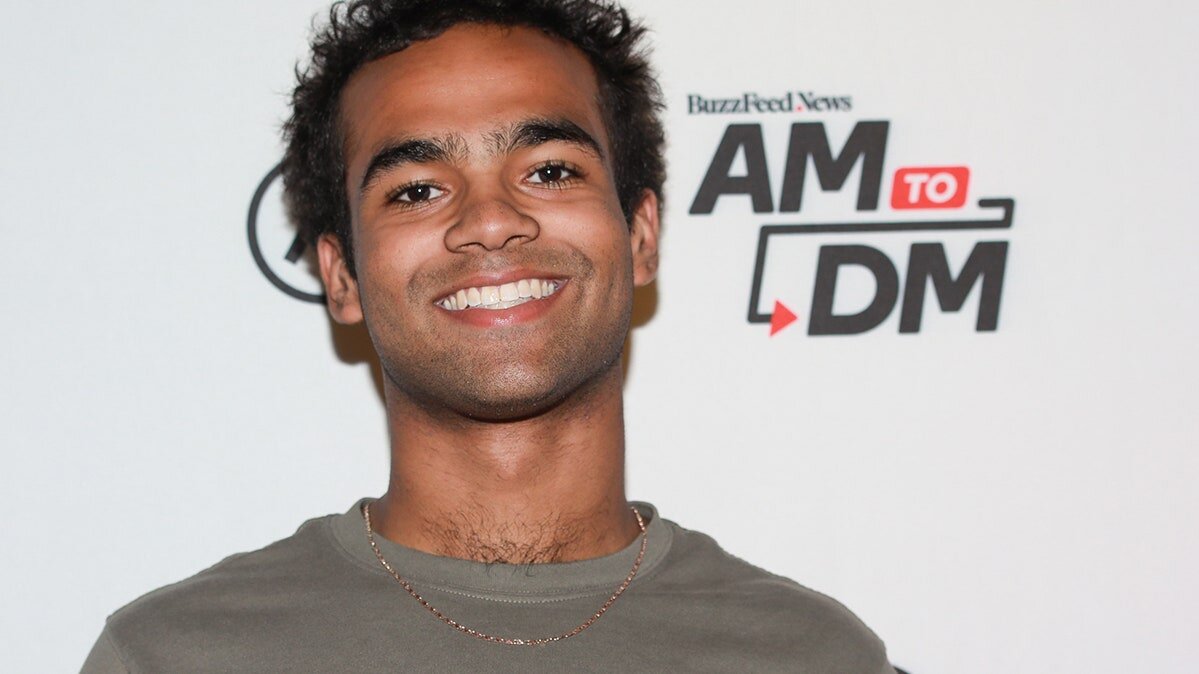
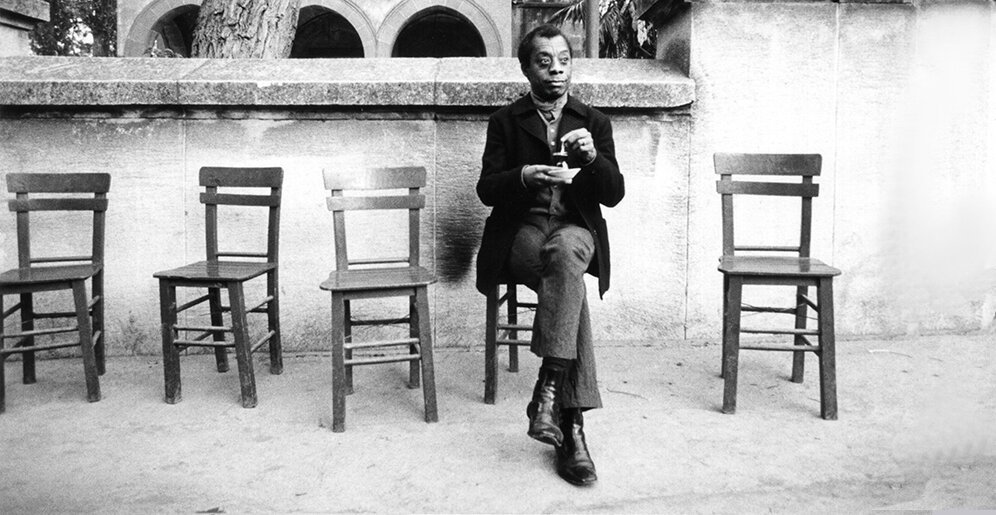
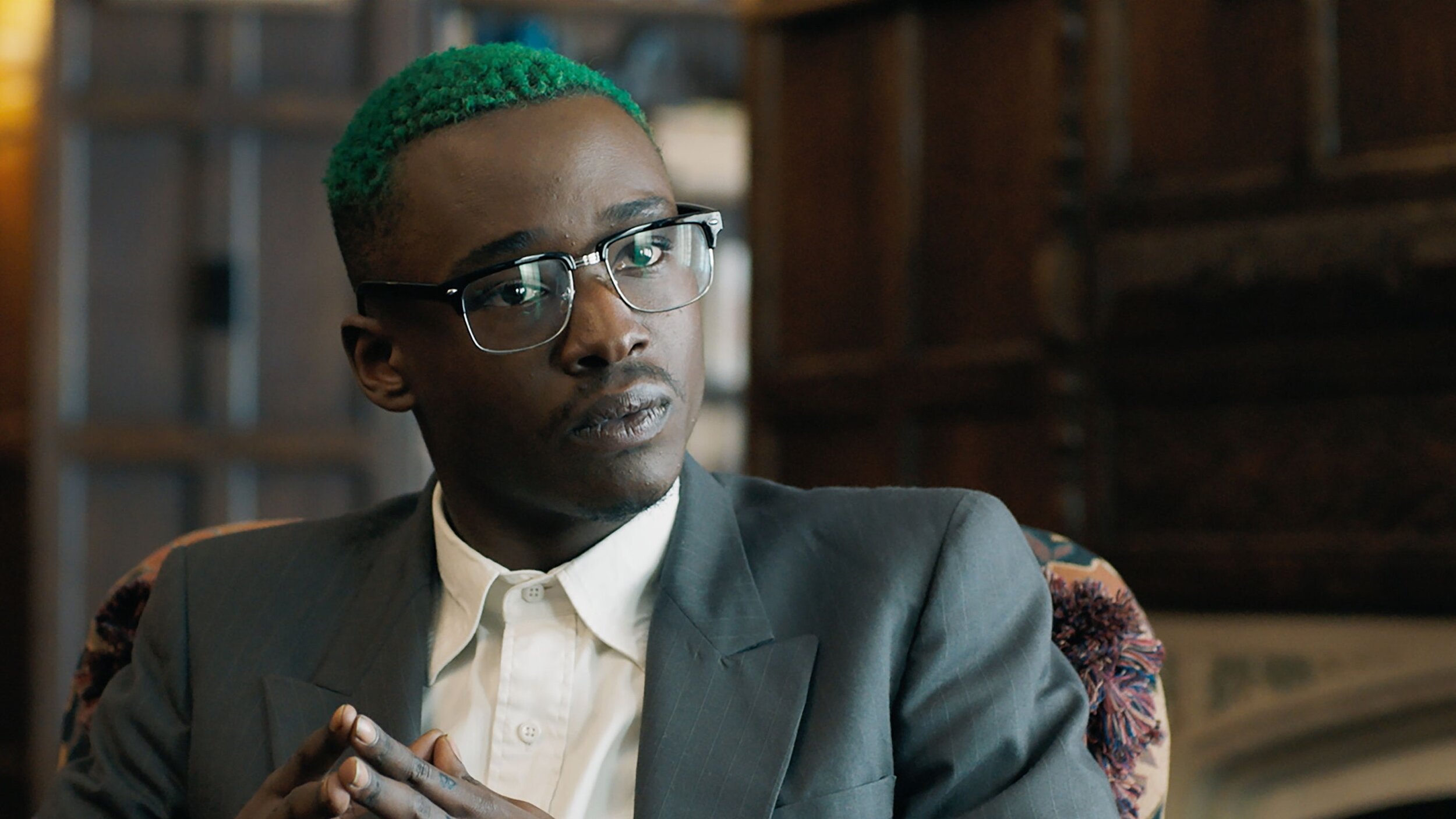
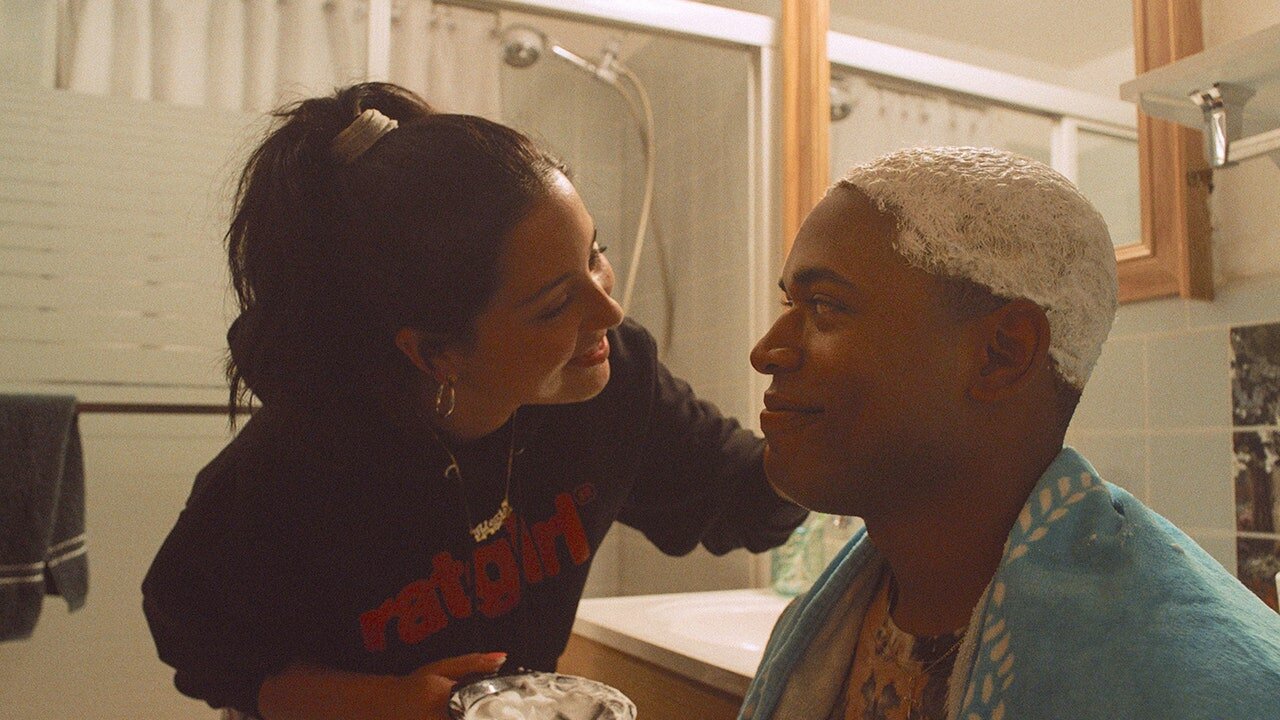
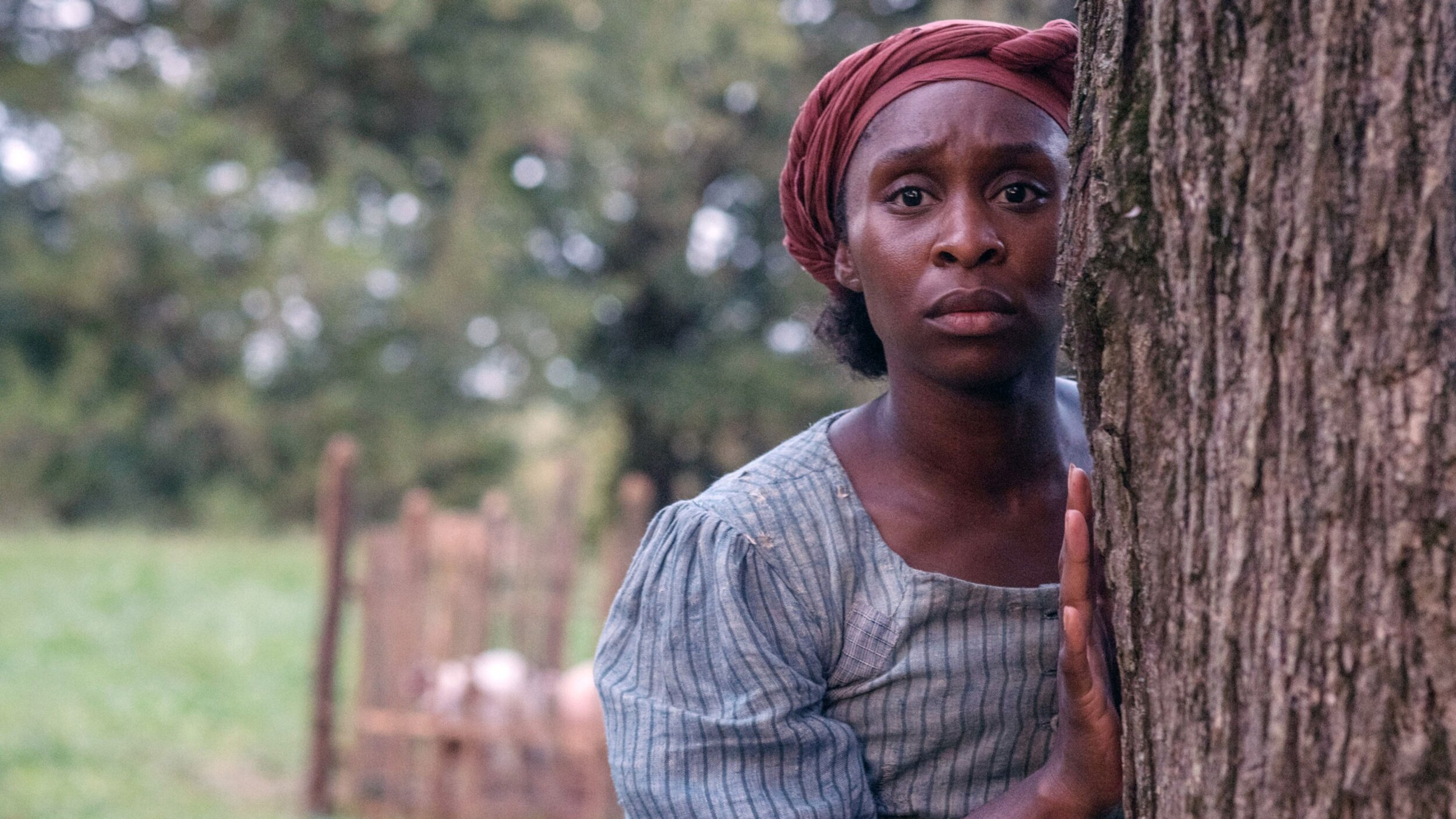
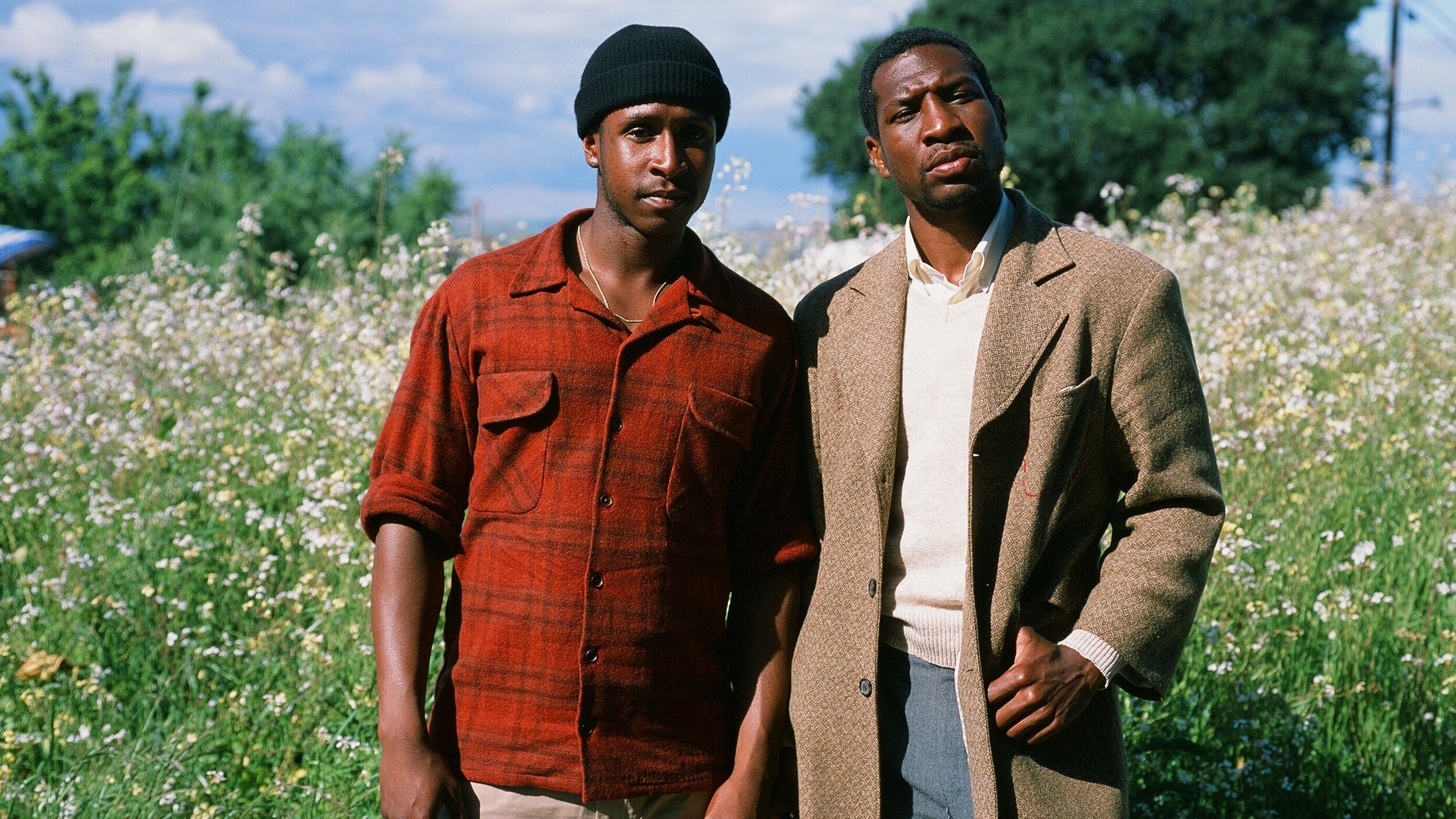
Movies I’ve Covered…
The 2016 film Moonlight is about Chiron — a black boy gradually becoming a man in America’s ghettos — coming to terms with his sexuality in three chapters. Even two years after its release, there is a scene in it that still reaches me. Young Chiron is dealing with the homophobic bullying of his peers, a mother battling drug addiction, and uncertainty about his sexuality, when Juan, a neighborhood drug dealer, decides to become his mentor. During an outing to the beach Juan recalls a woman in Cuba giving him the nickname, Blue. Chiron then asks Juan if Blue is his truer name.
Juan responds, “At some point, you gotta decide for yourself who you gone be. Can’t let nobody make that decision for you.”
